WIZO’s wonderful century
As WIZO marks its 100-year anniversary, The AJN explores the far-reaching impact of Israel’s largest social welfare organisation.
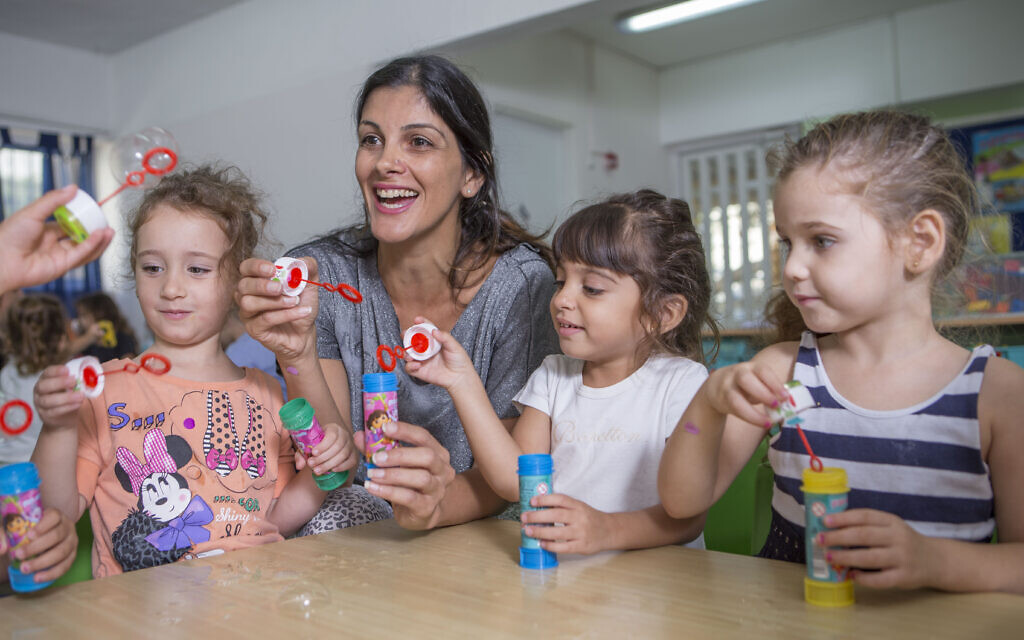
AS a child, Limor Rahamimov didn’t know what it was to go on holiday, or visit the movies.
Born in Kiryat Ata, the middle of three children says, “for many years, I was just surviving,” due to family problems.
Limor took care of her siblings, and began working at an early age.
“You know your mum is bringing home 80 shekels and you do the math; 20 shekels go for milk and bread, 60 shekels are for bills… I didn’t know what it meant to dream.”
But at age 15, Limor found her way to Nir Ha’emek, a WIZO youth village near Afula – “the option for a better life” – where disadvantaged young people are given a home and an education. Her dream: “To graduate high school, to earn a full matriculation, to enlist in the army.
“And it happened”.
At the encouragement of her mentors at WIZO Nir Ha’emek, Limor enlisted in the police academy at the village. As they built her confidence along her journey, little by little, she began to believe in her capabilities.
Not only did Limor complete the course, she received the exemplary pupil award for her outstanding scholastic achievements.
LIMOR’S story is just one of countless which illustrate the positive impact of WIZO. But as the organisation marks its centenary this month, it is evident the principles on which the organisation was founded still beat at its heart.
The Women’s International Zionist Organisation (WIZO) was established by Rebecca Sieff, Vera Weizmann and Romana Goodman in London. While the trio held their founding conference on July 11, 1920, they had already joined together two years prior in order to establish the “Ladies Committee” of the British Zionist Federation, which evolved into the Federation of Zionist Women, later British WIZO.
Their collaboration was the result of a visit to Eretz Israel in 1918 which shook them. Disease and famine were rife, and the plight of both chalutzot (pioneers) and city women from the old Yishuv was palpable.
Addressing the inaugural WIZO conference, Sieff said that women should work within an independent framework, but in cooperation with their male counterparts toward rebuilding the Zionist home. In order to realise the dream of ha’aretz, it was essential for women to develop their own abilities, with education and training.
One hundred years on, WIZO remains dedicated to the advancement of the status of women, welfare for all sectors of Israeli society, and encouragement of Jewish education in Israel and in the Diaspora. The organisation spans five continents, boasts 250,000 members worldwide, and tens of thousands of volunteers in Israel. With over 800 programs and institutions, WIZO is the largest social welfare organisation in Israel.
For WIZO Australia president Paulette Cherny, the impact of the organisation combined with the people she continues to meet within it, is what has kept her driven since she joined the ranks 48 years ago.
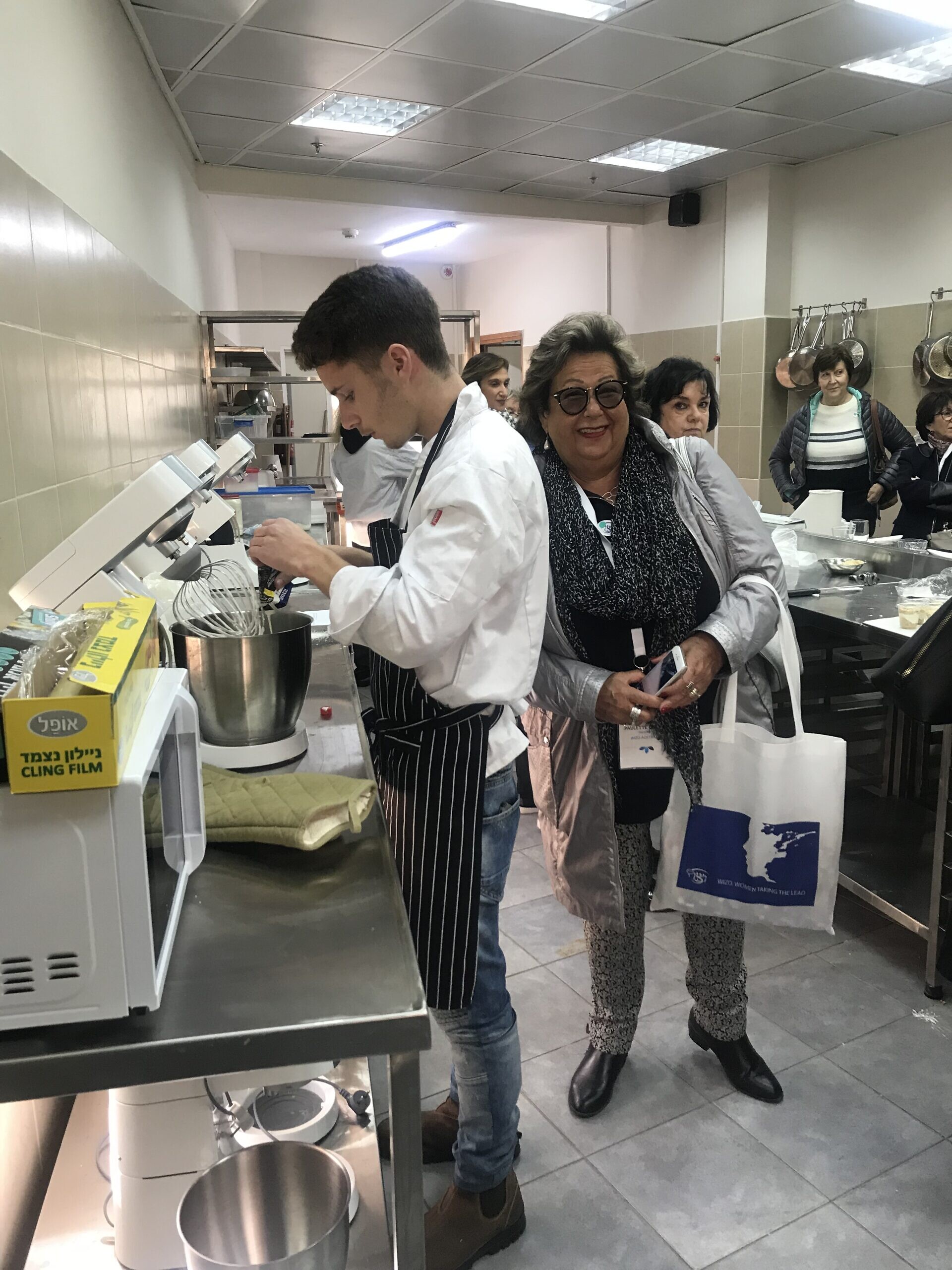
As she muses on her years, she notes her participation in the 1979 inaugural Aviv conference in Israel as a highlight – “I actually made a presentation to Shimon Peres.”
Ten years later, Paulette visited Poland with WIZO.
“We were 400 WIZO women from around the world marching through Auschwitz-Birkenau, waving Israeli flags, wearing WIZO t-shirts. We said Kaddish together.”
She continues, “One of the women who came from Israel was originally from Krakow. She went to where her family were hidden, and the family that hid them was still there!
“That experience in Poland is probably the most life-changing moment. It reinforced the necessity of Israel, and the work that we do. It was probably one of the greatest gifts that WIZO has ever given to me.”
WIZO Australia supports nine vital projects in Israel, including the Makom BaLev Centre for Girls at Risk in Beersheba, day care centres in Tel Aviv, Ra’anana, Rishon Le Tzion and Hatzor Air Force Base, a family centre in Modi’in, youth club in Kfar Saba, and a women’s centre in Jerusalem. But Ahuzat Yeladim is the flagship program, a therapeutic and post-hospitalisation residential school in Haifa, which offers support for troubled youth aged 11-18 years old.
“My first visit to Ahuzat Yeladim impacted me greatly – to see that school and the work that it does,” tells Paulette.
“Many of the children have been abused, neglected or have mental illness. But school director, Yossi Saragossi – who was actually a student of the school himself many, many years ago – is one of the most outstanding human beings I’ve ever had the good fortune to meet.
“His care for these kids, his love and affection. He always has time for them. He is amazing.”
WIZO New South Wales president Diane Symonds agrees, “Ahuzat Yeladim will always hold a special place in my heart.”
On her first visit 20 years ago, she recalls the moment she met a student who had experienced such devastating neglect that he did not have any social skills. At the time, his only way of communication was barking.
“To follow his journey throughout his time living at the school, and to hear that he eventually graduated and was able to enlist in the IDF – an integral part of full integration back into Israeli society – was incredibly emotional for me,” she says.
“When everyone else gave up, WIZO persevered. There are so many stories like this.”
When WIZO Victoria president Ronit Chrapot visited with her family in 2018 she said, “To see my children speaking to and engaging with the students of the school and to see them reach the epiphany of how lucky and fortunate they are … was so special.
“As it was for me, and my husband to realise how lucky we are that we are in a position where we can assist those whose need it.”
Over the years, WIZO Australia has raised funds for new school buildings, an administrative centre, state-of-the-art kitchen, and the refurbishment of a dormitory. It built a basketball court and garden and set up greenhouse and pet therapy programs.
Speaking from Israel, Yossi enthuses, “Without WIZO Australia, Ahuzat Yeladim would not be the wonderful facility that it is. They have created a very special environment for our students allowing them to grow and flourish as we would want them to. The campus has been transformed, and because of their generous support.”
“But the truth is, we can’t do this on our own,” says Diane as she looks to the future. “We need our children to take the reins and share their vision with us, to tell us what changes they want to see.”
Ronit adds, “The future of our community is dependent on the next generation, the way they advocate for Israel, support it and its citizens, while empowering women globally.
“It is so pertinent for the future generation to learn about the history of WIZO, and its women, to be part of and involved in its current activities, and lead its future.”
LIMOR Rahamimov has come a long way since she completed her police studies at WIZO Nir Ha’emek. The 25-year-old is now a patrolwoman with the Tiberius Police – and recently, she became the first woman in Israeli police history to complete the prestigious unmanned aerial vehicle (UAV) course.
Soon, Limor will monitor the Kinneret to help locate missing persons in the sea, track maritime vessels and prevent theft at beaches, break-ins of parked cars, bullying and other offences.
Speaking to Ynet, Limor said, “Being a trailblazer and becoming the first female member of the Israeli police in this position is an amazing feeling. It is important that the police allow women to take on such positions. It proves that women can do everything. The sky is not the limit for me.
“Thanks to WIZO Nir Ha’emek, I learnt to dream and I learnt to believe,” she says.
“I learnt that anything is possible.”
Get The AJN Newsletter by email and never miss our top stories Free Sign Up


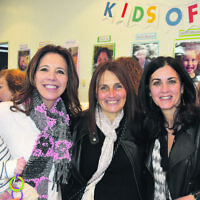
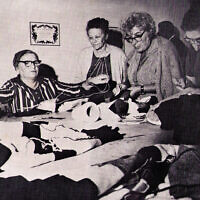
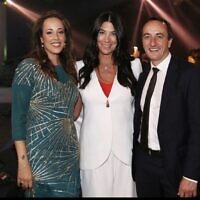
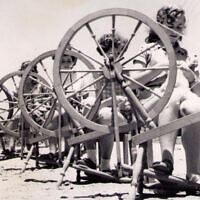
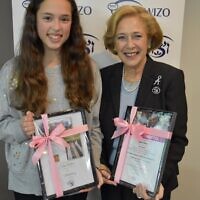
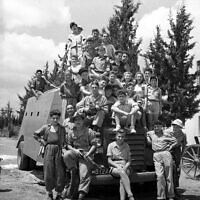
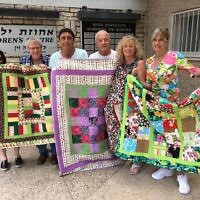
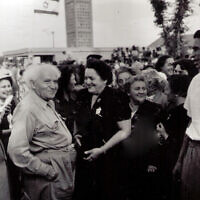
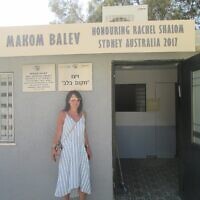
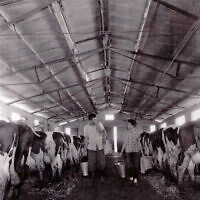
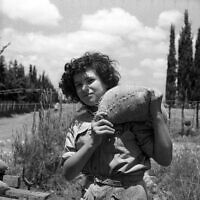

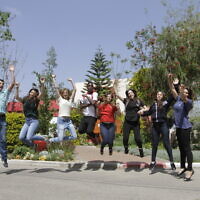
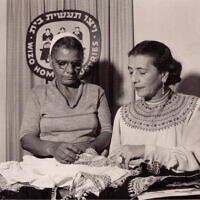

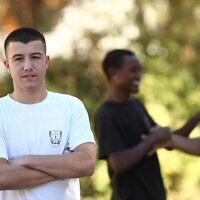
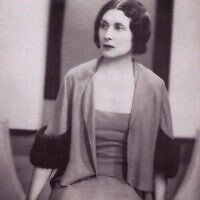

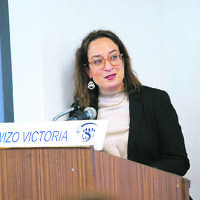
comments